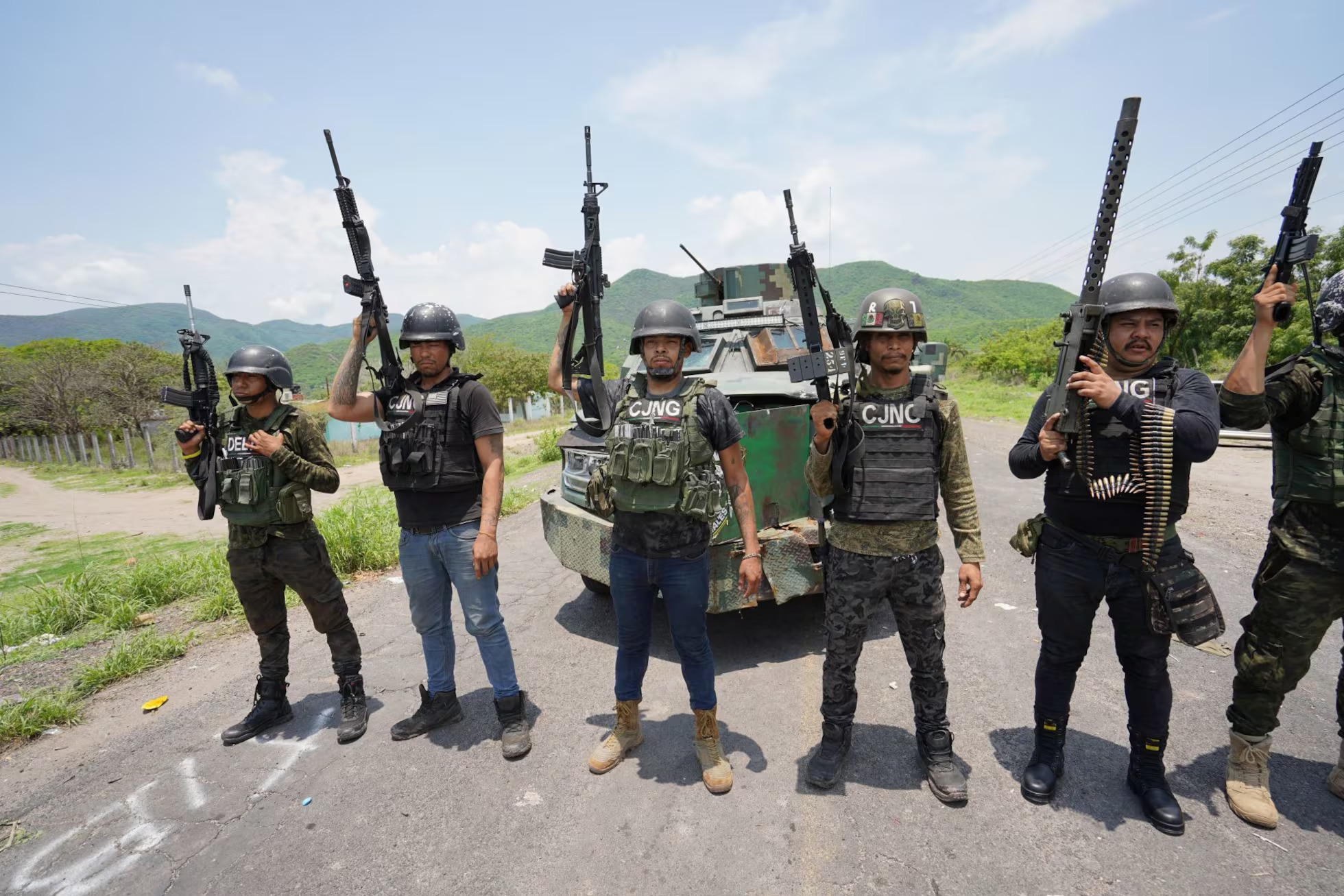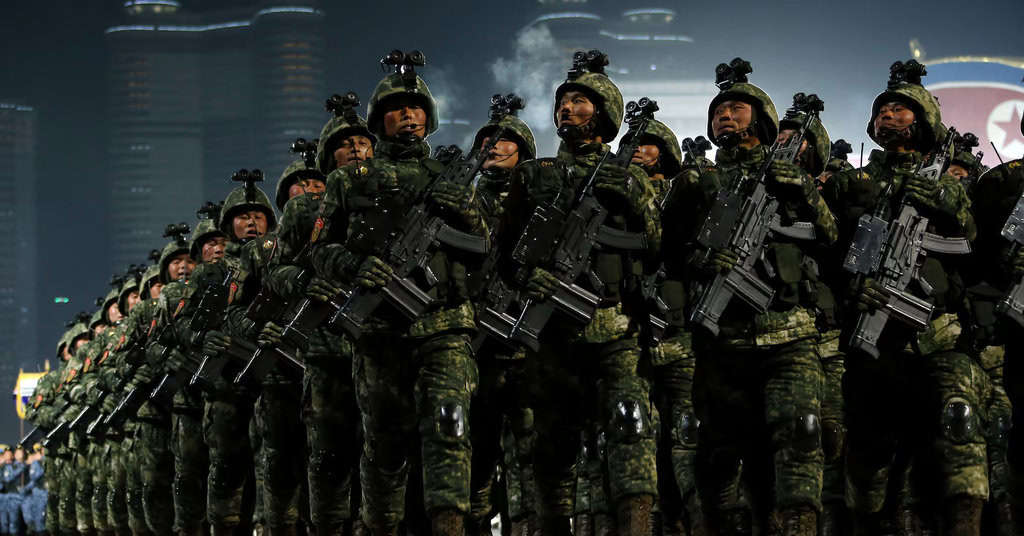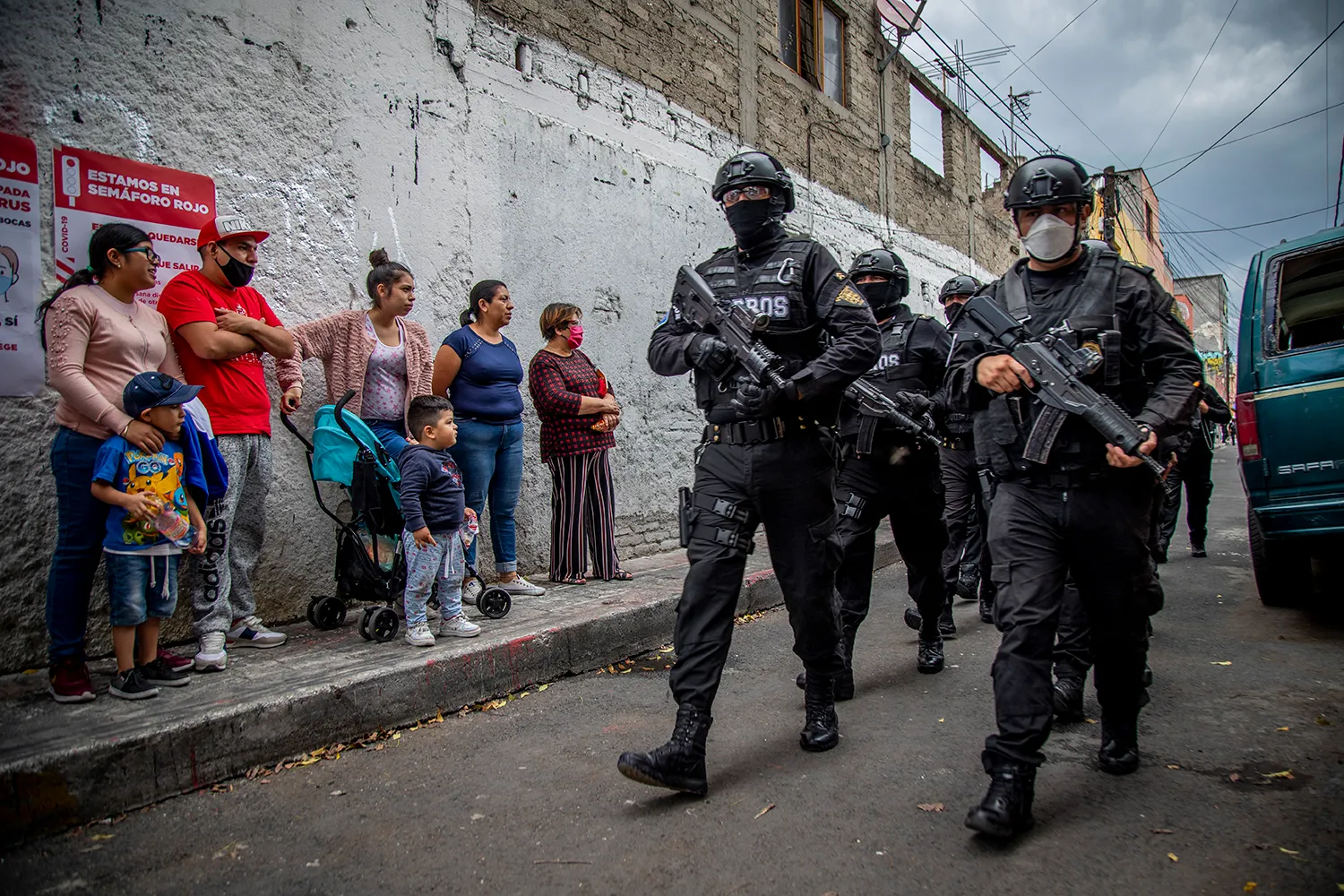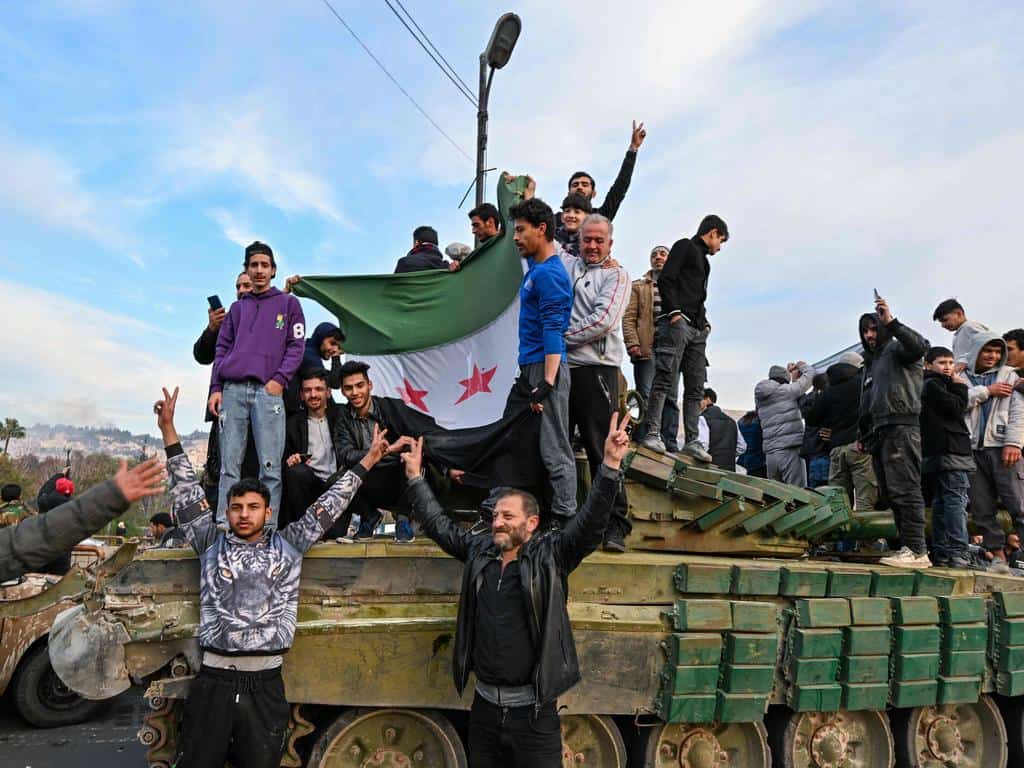In a case that has captivated global attention, Ismael “El Mayo” Zambada, co-founder of the notorious Sinaloa drug cartel, alleges that he was forcibly kidnapped in Mexico and handed over to U.S. authorities against his will. His statement, released through his lawyer, seeks to clarify the circumstances of his capture, which occurred last month and has since been surrounded by speculation and conflicting reports.
A Sudden and Unwanted Journey
According to Zambada, the incident unfolded on July 25, when he was ambushed by a group of men and taken into custody. “I was ambushed,” Zambada declared in his statement, emphasizing that his capture was not voluntary as some reports have suggested. The U.S. authorities reported that Zambada, along with Joaquin Guzman Lopez, one of the sons of the cartel’s other co-founder, Joaquin “El Chapo” Guzman, was apprehended after landing in El Paso, Texas, aboard a private jet.
Contrasting Narratives: Kidnapping or Surrender?
Zambada’s lawyer revealed that Guzman Lopez, along with six individuals dressed in military attire, forcibly abducted Zambada near Culiacan, the capital of Sinaloa state. The lawyer claims that Zambada was subsequently flown to the U.S. under duress. However, the Guzman family’s legal representative disputes this version of events, suggesting that Zambada’s capture was a result of a pre-arranged voluntary surrender following prolonged negotiations.
In response, Zambada stressed the importance of setting the record straight. “There have been many false stories about my so-called abduction,” he stated. Zambada detailed how he had been invited by Guzman Lopez to a meeting at a ranch just outside Culiacan. Upon arrival, he greeted several individuals before being led by Guzman Lopez into a dark room, where he was ambushed by a group of men.
The Capture: A Harrowing Experience
Zambada recounted how he was physically assaulted, forced to the ground, and had a dark hood placed over his head. His captors then restrained him, tying him up and handcuffing him before forcing him into the back of a pick-up truck. During the ordeal, Zambada sustained significant injuries to his back, knee, and wrists. He was later driven to a nearby airstrip, where he was “forced onto a private plane.”
Onboard the aircraft, Zambada claimed that Guzman Lopez removed the hood and bound him to a seat using zip ties. The plane then flew directly to El Paso, where U.S. federal agents awaited his arrival on the tarmac.
U.S. Involvement and International Tensions
Zambada’s version of events comes just a day after the U.S. ambassador to Mexico, Ken Salazar, acknowledged that the cartel leader was brought to the U.S. against his will. “This was an operation between cartels, where one turned the other one in,” Salazar remarked, making it clear that no American resources were involved in Zambada’s transfer to U.S. custody. The U.S. embassy also confirmed that no flight plan had been shared with American authorities, and the pilot was neither a U.S. citizen nor employed by the U.S. government.
The Legal Battle Ahead
Zambada, who is believed to have played a more active role in the Sinaloa cartel’s daily operations than his infamous counterpart El Chapo, appeared in a Texas court last week. In a wheelchair, he pleaded not guilty to charges including drug trafficking, money laundering, and conspiracy to commit murder. Similarly, Guzman Lopez also pleaded not guilty to drug trafficking and related charges in a U.S. court in late July.
Mexico on Edge: Fears of Escalating Violence
The arrests of these high-profile cartel figures have heightened fears of increased violence in Mexico. In an unprecedented move, Mexican President Andres Manuel Lopez Obrador issued a public appeal to the country’s drug cartels, urging them not to engage in further conflict. Since 2006, when then-President Felipe Calderon launched a military offensive against drug cartels, more than 450,000 people have been killed in drug-related violence across Mexico.





